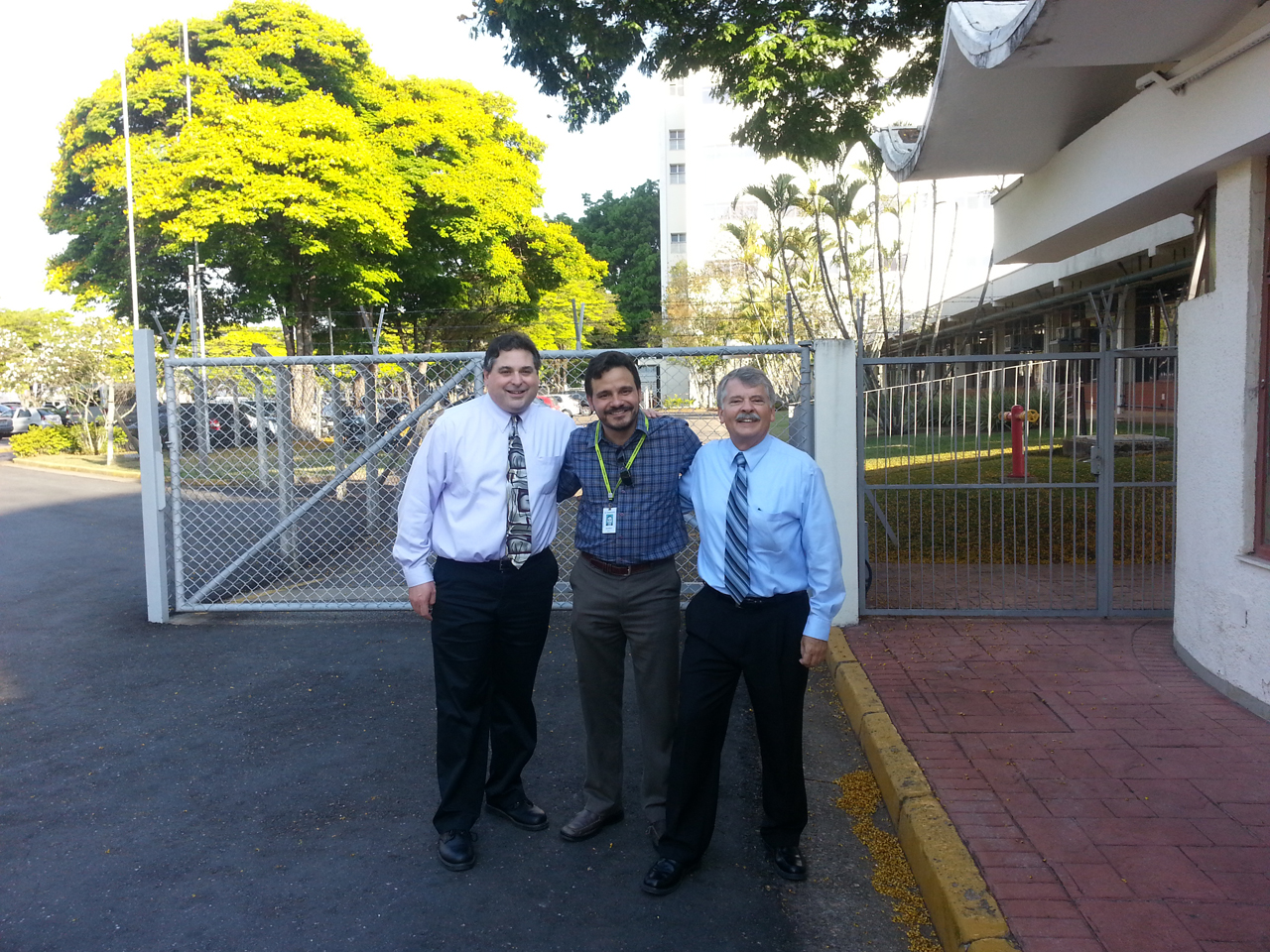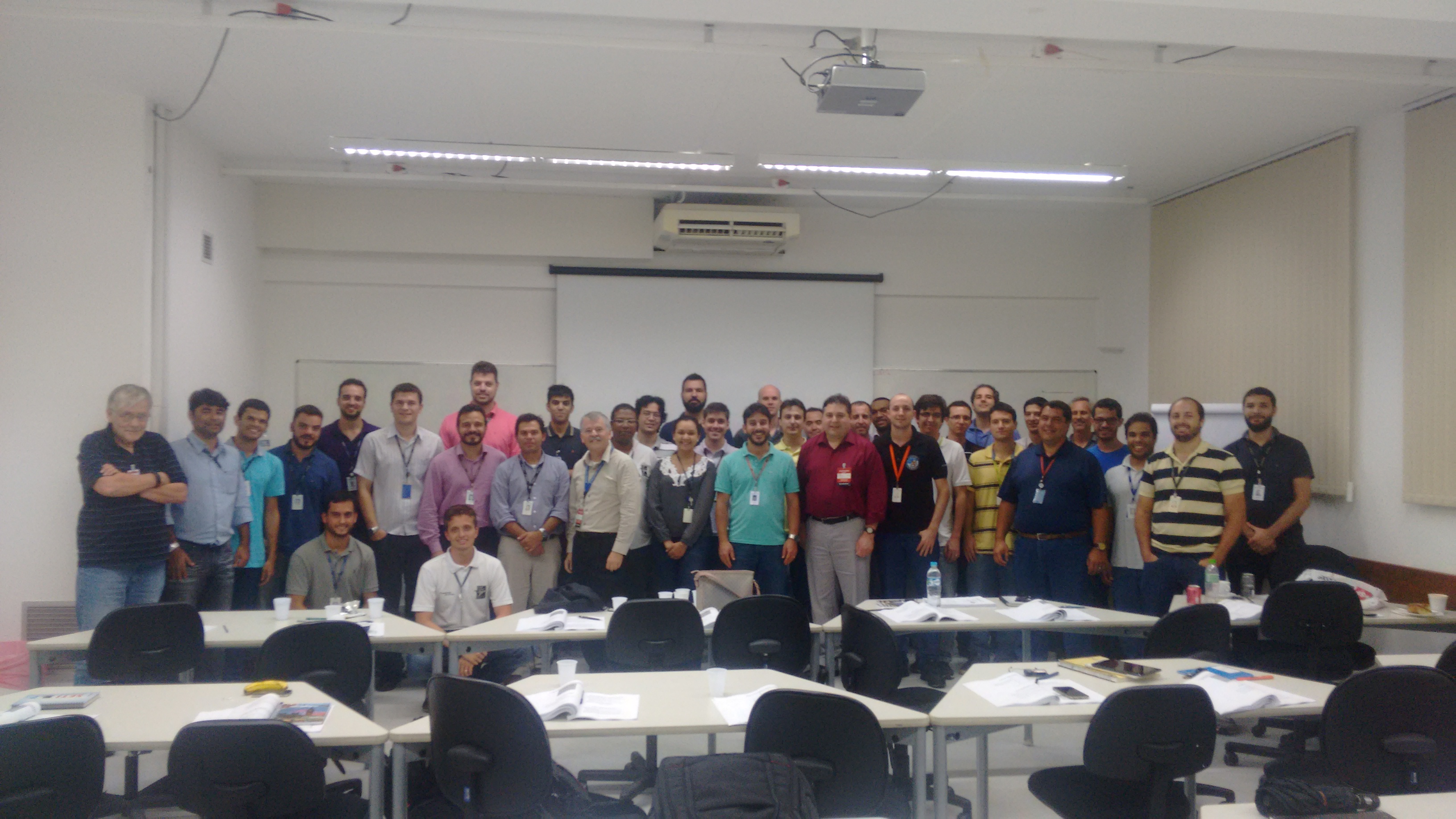PIO Short Course
STI presents:
Pilot-Induced Oscillations
From the Wright Flyer to Fly-by-Wire
Pilot-Induced Oscillations (PIO) are rare, unexpected, and unintended. They occur at some time in the development cycle for just about every new air vehicle design. These can be catastrophic events that cost time, money, and sometimes lives. With the advent of modern flight control systems, the potential for catastrophic PIO is on the rise.
In this course, the phenomenon of PIO will be examined from its origins to today’s events. With practical examples from flight research, flight tests, and operational experiences, the speakers identify the myriad causes of PIO and describe the cures available to the design engineer.
Course audience:
The course is intended for anyone involved in the aircraft field, including program managers, engineers (S&C, controls, handling qualities and flight test), and pilots.
Course length:
2 days
Course location:
Your choice. We will come to you.
Course objectives:
At the end of the course, the attendee will be familiar with:
- Causes of the most publicized PIOs
- Methods for PIO prevention and prediction by design and analysis
- Exposure of PIO tendencies by simulation and flight test techniques
- Tools for real-time monitoring
Course Topics:
Day 1:
- Pilot-Induced Oscillations:
- What are they?
- A Brief History
- Categories and Causes
- Rating
- Flight Research Programs
- Designing Category I Resistant Aircraft
- Aircraft Dynamics and Augmentation
- Pilot Dynamics in Closed-Loop Control Triggers
Day 2:
- Pilot-Induced Oscillations:
- Designing Category I Resistant Aircraft (continued)
- Detection and Prevention in Real-Time
- Testing
- Case Studies
- Summary and Conclusions
Course costs:
Please click here to receive your customized quote.
The hosting organization is responsible for room, audio setup and refreshments.
Participants travel to location is at own expense.
Next Steps:
Taught on site for the following organizations:
Boeing Research and Technology
Naval Air Systems Command
Boeing Military Helicopters
US Air Force Test Center
Bell Helicopter Textron, Inc.
Sikorsky Aircraft Co..
NASA Armstrong Flight Research Center
Embraer São José dos Campos
About the Speakers:
David H. Klyde is Vice President & Technical Director, Engineering and Research Services for Systems Technology, Inc., in Hawthorne, CA. Mr. Klyde’s more than 30 years of professional experience includes dynamic analysis and system identification, flight control system design and analysis, human operator models, and handling qualities research for transport, fighter, UAS, flying wing, rotorcraft and V/STOL, and hypersonic aircraft.
David G. Mitchell is President of Mitchell Aerospace Research, in Long Beach, CA. In his professional career of more than 40 years, Mr. Mitchell has been a contributor to the development of flying and handling qualities requirements for every type of air vehicle.


